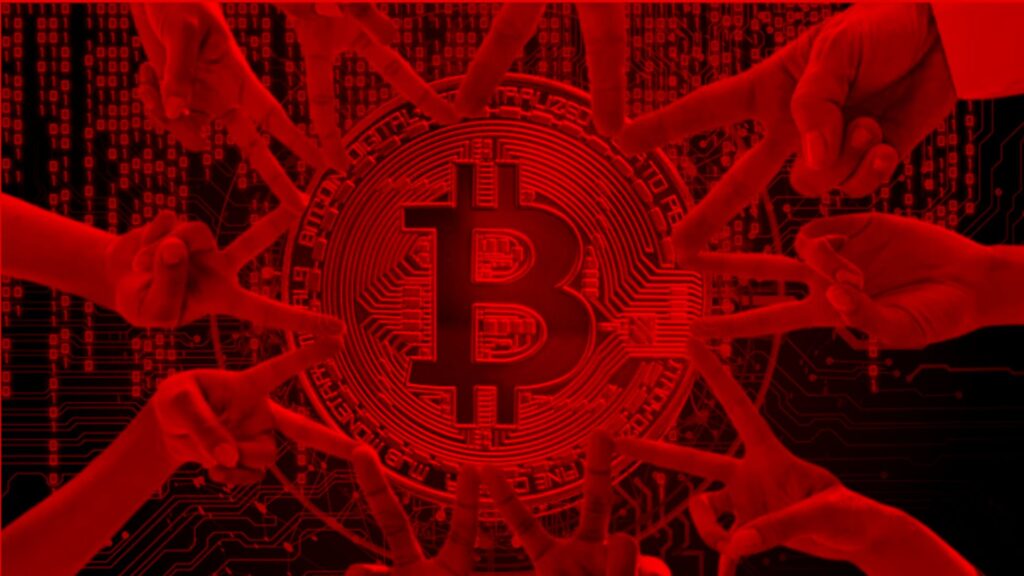
In recent years, Bitcoin has emerged as a groundbreaking force that extends far beyond its designation as a digital currency. As we delve into the possibilities it presents, we discover its potential to redefine the concept of warfare itself. In this article, we explore how Bitcoin can become a catalyst for non-lethal warfare, transforming the dynamics of global conflicts.
A Paradigm Shift: Redefining Warfare
Traditionally, warfare has been synonymous with violent conflict and the use of physical force. However, the rise of Bitcoin introduces a new paradigm that challenges these notions. By harnessing Bitcoin’s unique properties, nations and individuals can engage in what can be termed as “non-lethal warfare,” a form of strategic competition through the utilization of Bitcoin’s decentralized and physically secure network.
Bitcoin as a Weapon of Influence
Bitcoin’s ability to act as a non-lethal weapon lies in its power to disrupt and undermine existing systems of control. With its globally decentralized nature, Bitcoin empowers individuals and nations to assert influence through financial means, without resorting to violence. By leveraging the principles of cryptography and decentralization, Bitcoin allows for the transfer of wealth, bypassing traditional channels and circumventing the control of centralized authorities.
Economic Warfare: Breaking the Mold
One of the key aspects of non-lethal warfare facilitated by Bitcoin is economic warfare. With its borderless and censorship-resistant nature, Bitcoin enables nations and individuals to engage in financial warfare tactics, such as economic sanctions, embargoes, and asset freezing. By using Bitcoin as a tool, adversaries can exert pressure on their opponents’ economies, challenging the existing power dynamics and potentially reshaping geopolitical landscapes.
Cyber Warfare Reinvented
Bitcoin’s role in non-lethal warfare extends to the realm of cyber warfare. With its robust security measures and resistance to censorship, Bitcoin can be utilized to enhance offensive and defensive cyber capabilities. By leveraging the power of Bitcoin’s proof-of-work consensus mechanism, nations can secure critical infrastructure, protect sensitive information, and launch strategic cyber attacks on adversaries, all within the bounds of a non-lethal framework.
The Psychological Impact
Beyond its technical capabilities, Bitcoin’s mere existence has profound psychological implications in the realm of non-lethal warfare. The decentralized nature of Bitcoin challenges the authority and control exerted by centralized institutions, fostering a sense of empowerment among individuals and organizations. This psychological impact can sway public opinion, undermine trust in traditional financial systems, and catalyze social and political change, all without resorting to violence.
Closing Statement: Embracing a Bloodless Revolution
In the age of Bitcoin, the concept of non-lethal warfare takes center stage, offering a path towards a more peaceful and empowered future. By embracing the potential of Bitcoin as a non-lethal weapon, we can redefine the dynamics of conflict, leveraging decentralized power to shape geopolitical landscapes and promote individual freedom. As we continue to explore Bitcoin’s capabilities, let us strive to harness its potential responsibly, forging a new era of warfare that prioritizes dialogue, diplomacy, and the pursuit of a more equitable world.
Sources:
Booth, Jeff. “The Price of Tomorrow: Why Deflation is Key to an Abundant Future.”
Nakamoto, Satoshi. “Bitcoin: A Peer-to-Peer Electronic Cash System.”




